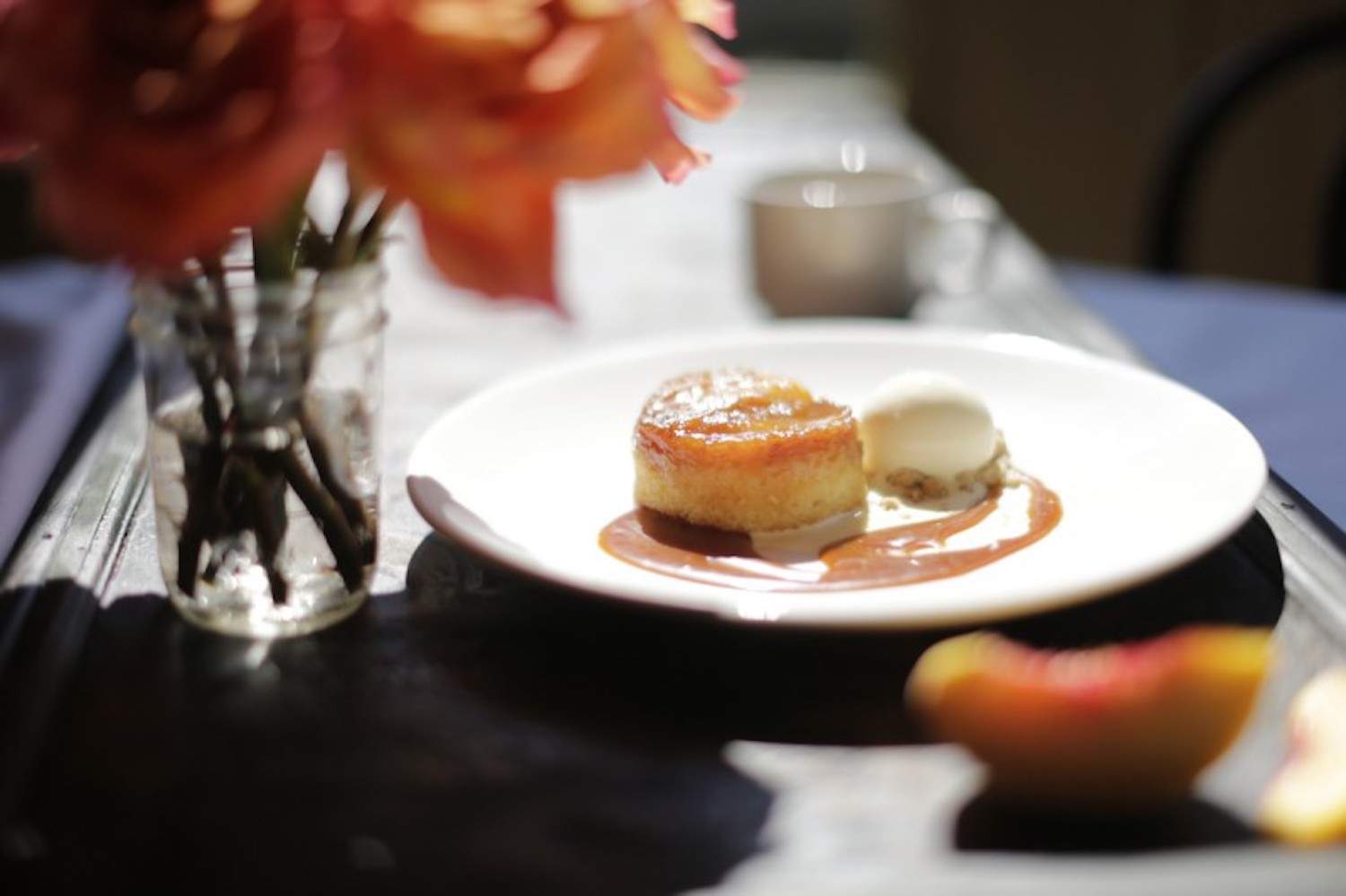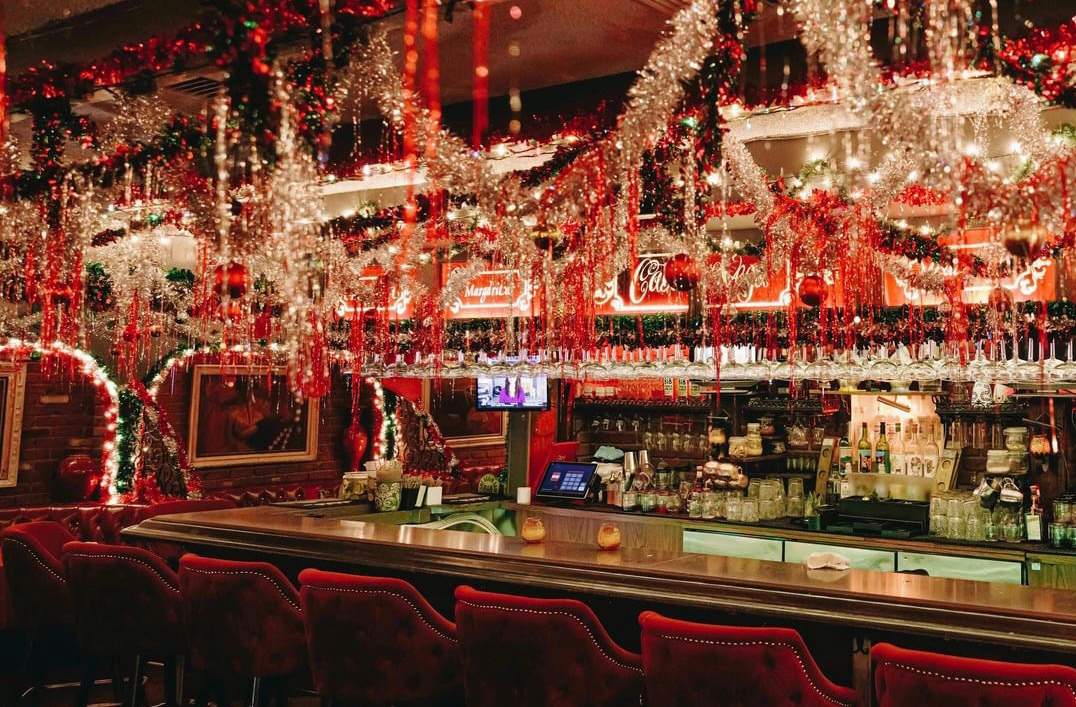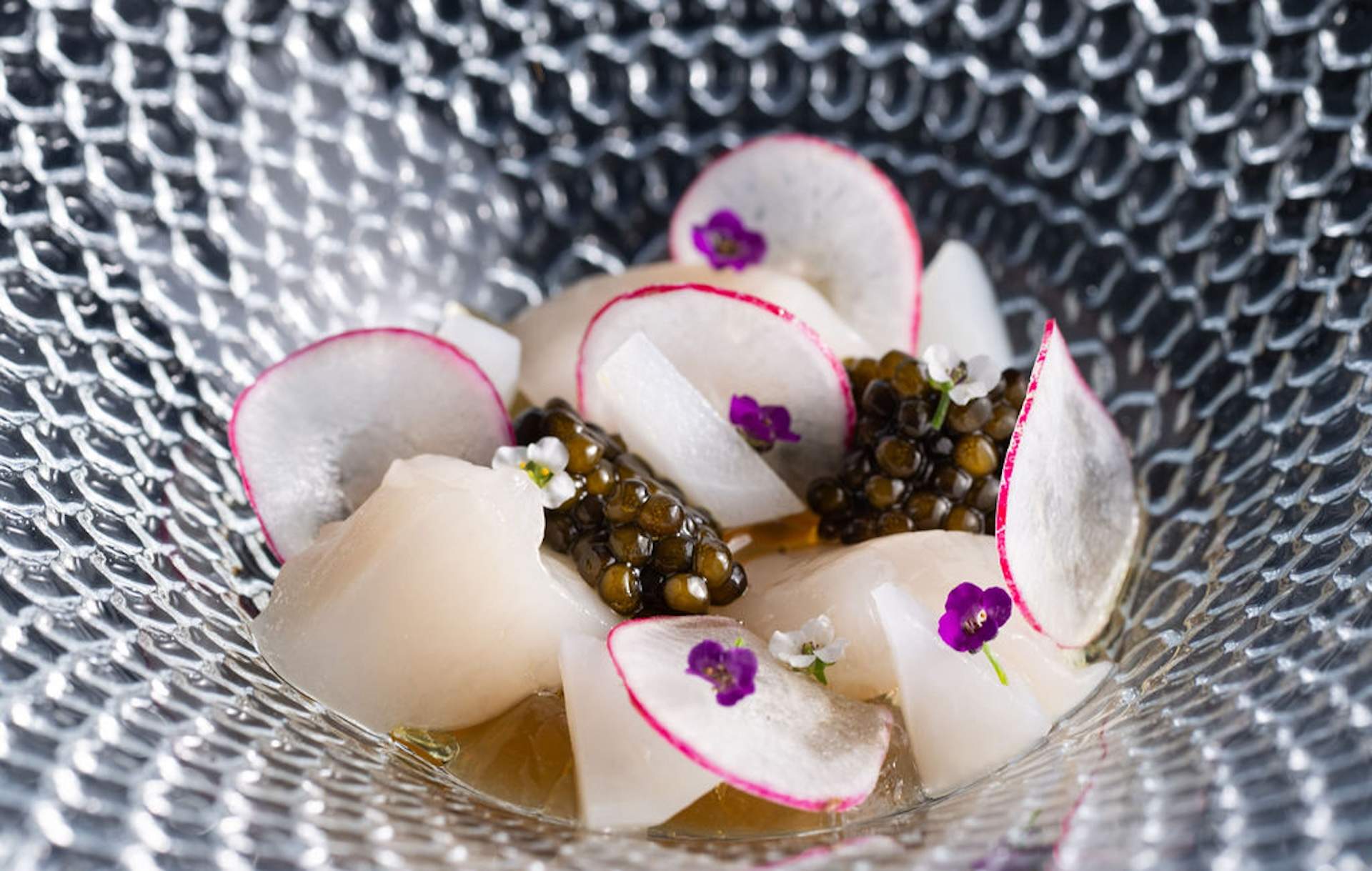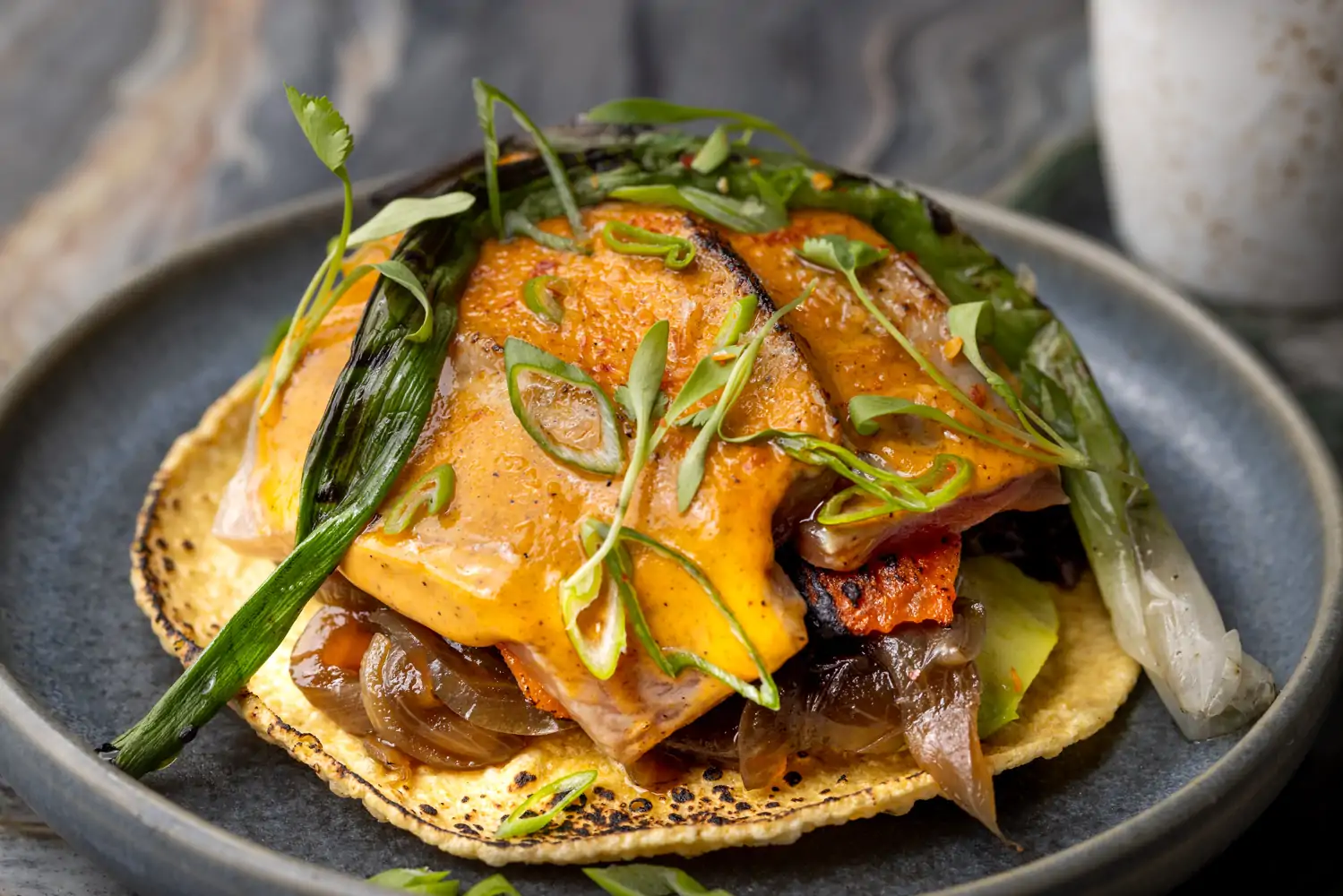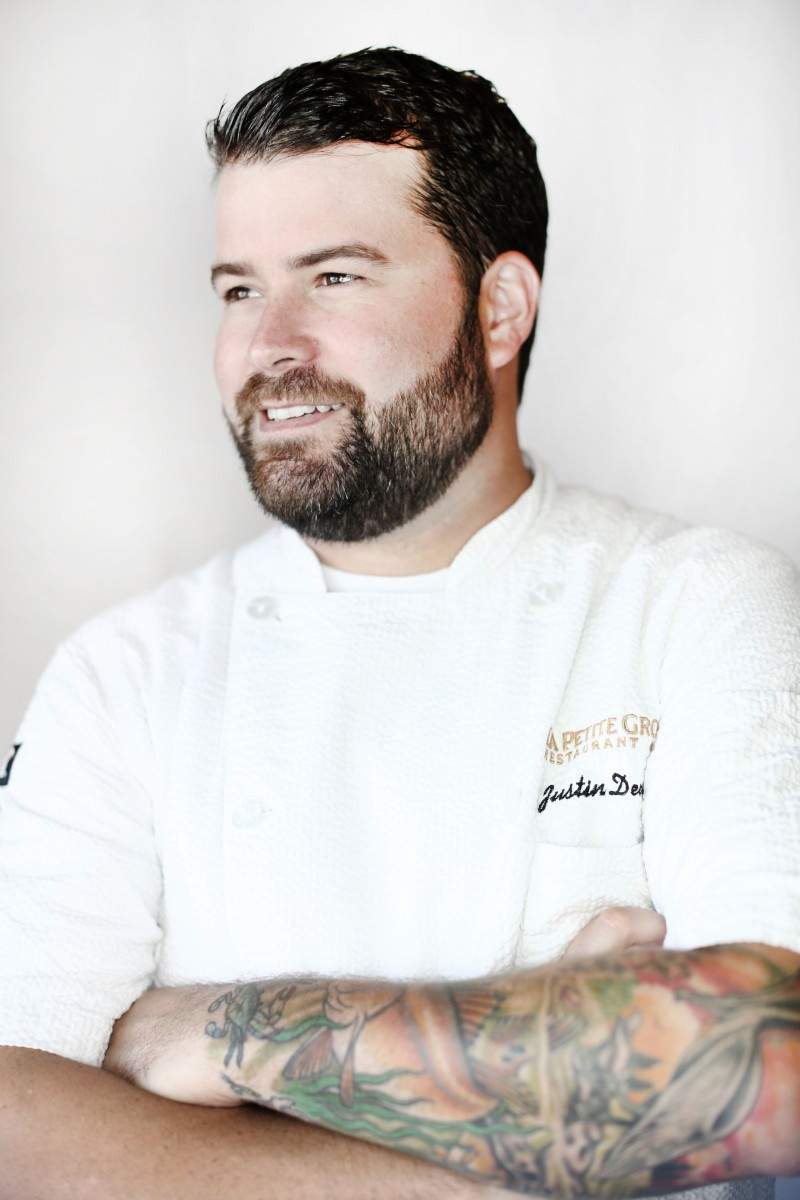
The coronavirus pandemic has shown that for restaurants, community comes first – including staff, guests, and professional peers. Operators are quick to stand in solidarity and share struggles and successes. As part of OpenTable’s partnership with Top Chef’s Restaurant Wars, we tapped into that spirit of generosity, asking chefs to tell us about the ups and downs of their careers: lessons learned, mistakes made, and their personal evolution along the way. Hear their stories, get inspired, and find resources to help in uncertain times here.
A California native, Justin Devillier moved to New Orleans in 2003 as a young cook, eager to join the city’s restaurant community. A year later, he joined the team at La Petite Grocery, cooking Louisiana fare in a Creole-style cottage that housed a grocery store in the 1800s – and he never left. In 2010, Justin and his wife, Mia Freiberger-Devillier, took over majority ownership of the restaurant.
Since then, Justin has collected a host of titles and accolades. He opened another Big Easy restaurant, Justine; competed on Season 11 of Top Chef; and won the 2016 James Beard Award for Best Chef: South after being named a finalist four times. Read on for his lessons learned, from line cook to award-winning restaurateur.
What cooking advice would you give your younger self?
Really take the opportunity to learn as much on your own as you do at work, through cookbooks, media outlets, and videos. As a young cook you don’t get a creative outlet at work, you get a lot of fundamentals and technique. Being able to go home and research and apply techniques to your own creativity is a good head start.
You joined La Petite Grocery in 2004, but didn’t take over ownership until 2010. During those six years, did you aspire to take over the business?
I didn’t know that was coming. I was focused on getting my training, and then I took over as Executive Chef in 2007, able to transfer that experience into a leadership role. Then in 2010, I had the opportunity for ownership. That changes into a business situation, where you’re learning about finance. It was definitely a build-up.
And what was that transition like, from the kitchen to the full business?
Challenging but unique, because I worked through all of those stages in the same atmosphere. That comfort level is already there; I knew everyone involved. Even as far as business relationships, I already had those contacts. There wasn’t, “who’s this guy coming in and trying to change everything.” I had already built that trust, and it was a huge advantage for me personally.
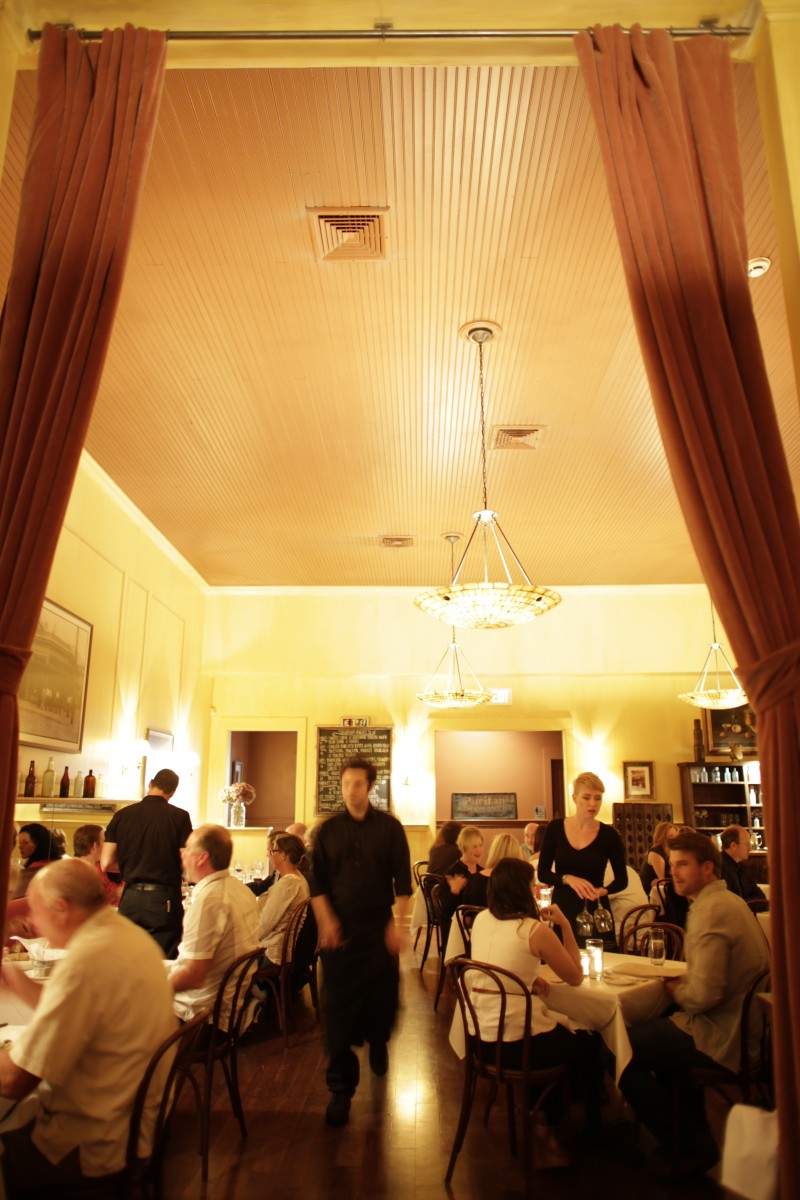
What’s the biggest mistake you’ve made in your career? What did you learn from it?
Not buying Amazon stock in 1999.
From a creative standpoint, you’re not going to be successful every time. A good goal is to not make the same failures become habitual or consistent. I like making technical mistakes – you can get as much out of those as successes.
What was it like opening your second and third restaurants, Balise (now closed) and Justine, and developing concepts from scratch?
It’s totally different going from an idea on paper and seeing it all the way through. Three years later, chances are it’s much different than it was when you first thought about it. There’s a bit of compromise, especially when you’re working with a team of people. You might all have the same vision, but you have to respect everyone’s journey getting to that vision.
What were some of the biggest shifts from your original concepts to the realized, finished produce?
So many things. Ideas change as you work through things – factors like space and equipment and personnel. You can’t really get a solid gauge until you’re in it. It’s like what I was saying earlier: your preparation and technique are important, but you can’t always prepare for something you’ve never tried to execute.
You may consider those things limiting, but they’re also expanding. You might find yourself standing next to somebody who makes the best croissants you’ve ever seen. Now, we’re going to specialize in croissants and brunch. Those little things you can’t prepare for until everything’s in place.
Tell us about reestablishing La Petite Grocery after Hurricane Katrina. How did that experience change your approach to your work?
Everyone was just happy to be sitting in a restaurant in their neighborhood that they had been forced out of for a while. I respect and appreciate what it meant to be open. We were working nonstop all day and night, understaffed and super busy.
What changed for you after winning the 2016 James Beard Award for Best Chef: South? How important was it to win after being nominated multiple times?
It was a huge honor – something that I’ll be able to share with my kids forever. I don’t like to think that it’s changed a whole lot, though it’s definitely made the restaurant a lot busier. I also think it gives the people on the team an extra sense of recognition – they understand their hard work is rewarded with an uptick in business.
What was the most exciting moment in your career?
There have been a lot of those. Overall, we’ve been really lucky to have this restaurant on one of the best streets in the country and in the world. That’s enough for me right now. We’ve also been able to take it on the road with the Kentucky Derby and Pebble Beach, to share a small corner of Magazine Street. Owning a restaurant isn’t the most glamorous, and it’s nice to get out and share with people every once in a while.
Images courtesy of La Petite Grocery

